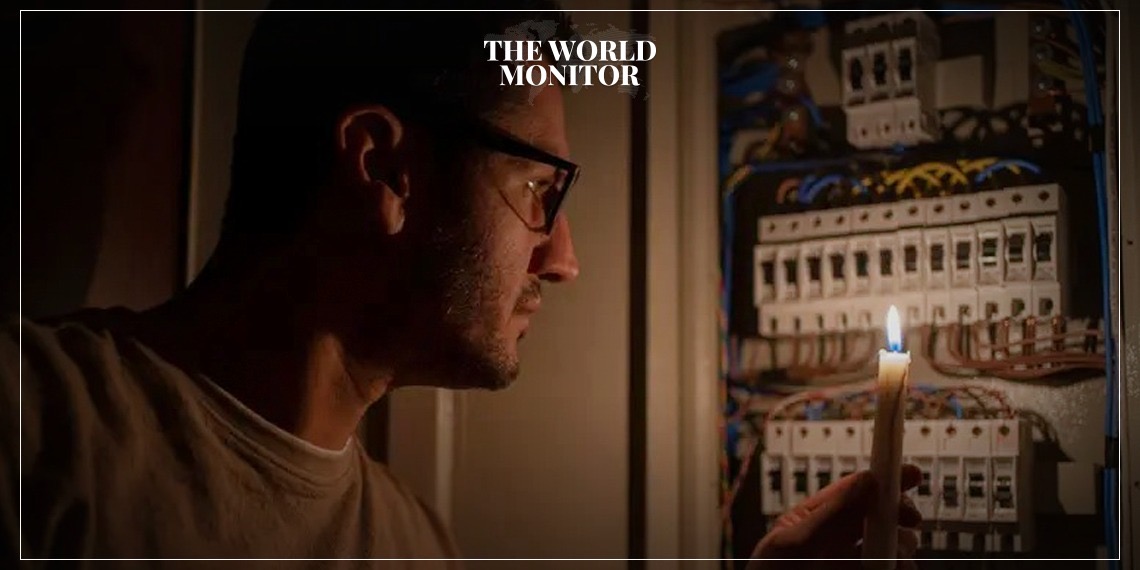As Lebanon continues to grapple with severe economic and financial crises, a new threat looms on the horizon: a complete blackout.
Amid escalating tensions on its southern border with Israel and Hezbollah, Lebanon’s chronic electricity woes have resurfaced, potentially plunging the nation into darkness during a peak tourist season that many hoped would alleviate some of the financial losses suffered since October 8th.
The immediate issue stems from Lebanon’s central bank, Banque du Liban, failing to pay for Iraqi fuel shipments for several months.
This delay has led the private company responsible for marketing Iraqi oil to halt the unloading of fuel tankers until the outstanding payments are made.
Energy and Water Minister Walid Fayyad warned that Lebanon could soon face a total blackout, with critical facilities like Beirut’s airport and port losing power.
He emphasized the urgency for the Lebanese Parliament to pass legislation allowing the central bank to transfer funds to pay for the Iraqi fuel.
“We have been in contact with Beirut airport management to ensure they are prepared to operate their private generators if the Iraqi fuel issue is not resolved,” Fayyad said.
Three years ago, Lebanon and Iraq signed an agreement to supply Lebanon with fuel to increase electricity production, which currently provides less than seven hours of power per day. However, acting central bank governor Wassim Mansouri has refused to release the funds for the fuel shipments without a parliamentary law authorizing him to do so.
Fayyad highlighted that the government submitted multiple decrees to Parliament in January 2023 to enable the central bank to transfer the necessary funds to Iraq. While the funds are available, disbursing them requires legislative action.
The minister proposed three potential solutions: First, the Iraqi government could grant an extension on the payment deadline, considering Lebanon’s political dysfunction. Second, the Lebanese Parliament could pass a law allowing the central bank to release the funds.
Third, the central bank governor could be directed by either the Parliament Speaker or the Prime Minister to make the payment, a move previously taken by former central bank governor Riad Salameh.
Sources within Banque du Liban clarified that the central bank is not responsible for the energy ministry’s fuel shortage.
They noted that the energy ministry has a bank account it can use to pay for fuel shipments, but it appears to be seeking to spend more than what is available in that account.
The central bank confirmed that no action would be taken without a legislative mandate from Parliament.
For the past three years, Lebanon has heavily relied on Iraqi fuel for electricity production. Currently, only one of the country’s six thermal plants, the Zahrani plant in southern Lebanon, is operational, providing around four hours of electricity daily to essential services such as Beirut’s airport, port, and main water pumps. The remaining hours are covered by private generators.
The frequent shutdowns of power plants due to fuel shortages have become a source of frustration and satire on social media, as Lebanese citizens increasingly depend on private generators for electricity.
The national electricity company, Electricité du Liban, and its production plants have been largely inoperative for years.






